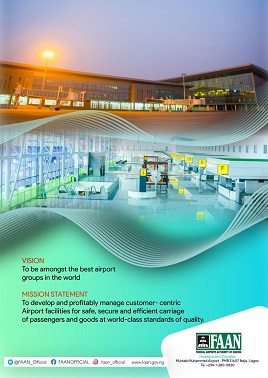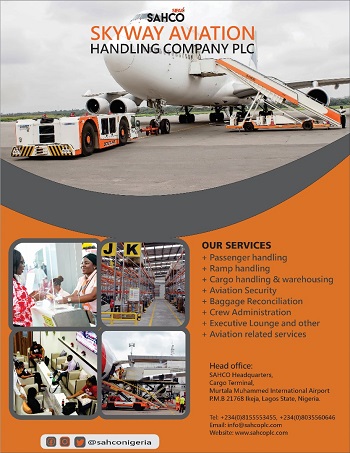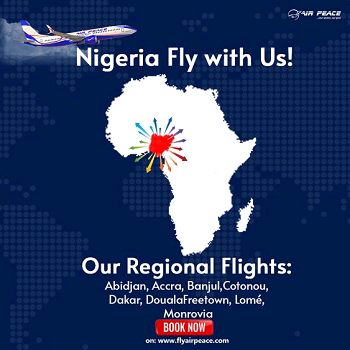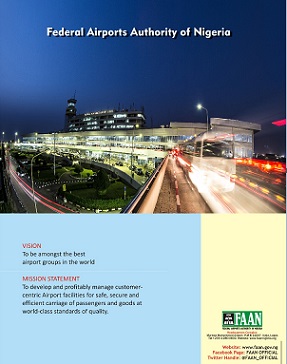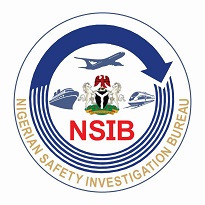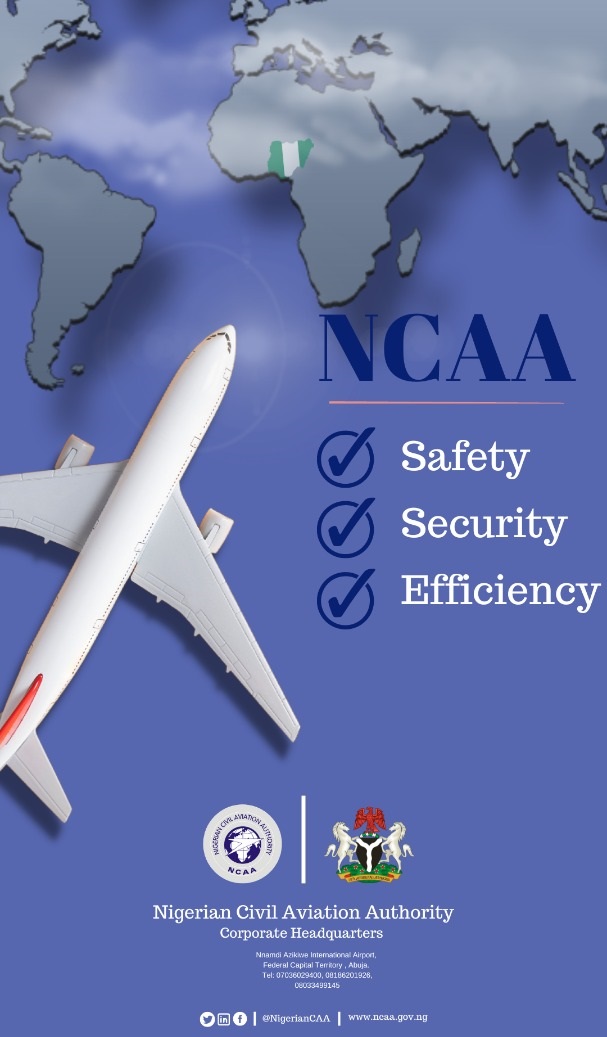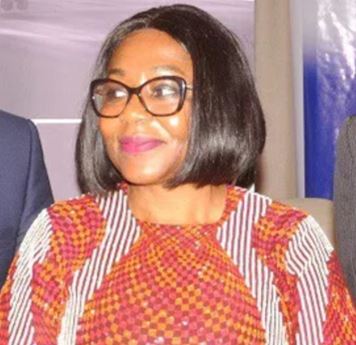
A Nigerian aviation development firm, Springfountain Infrastructure Limited has indicated its plans to invest over $20 billion in the aviation industry in the country to facilitate the lease of aircraft for Nigerian operators, setting up of aircraft maintenance repair and overhaul (MRO) centre, spares logistics and supply as well as aggregated services solutions.
The investment plan was unveiled today by Executive Director, SpringFountain Infrastructure Limited, Mrs Tokunbo Fagbemi who disclosed the partnership her company and Seatle, United States based aircraft manufacturer Boeing Corporation in Lagos, Fagbemi said African Aircraft Leasing Company (AALC) the African first aircraft leasing will create a window for Nigerian operators to access 200 Boeing aircraft in the next 20 years:
Mrs Fagbemi said with estimated passenger traffic of 19 million, the figures could increase to over 44 million, which would require more new airplanes to meet the traveling needs.
She said: “If Nigeria is to have 44 million passenger departures per annum, it will require over 100 aircraft to meet this propensity to travel, Nigeria will need more aircraft.
“To boost its international including intercontinental flight potential, the airlines have to improve in both the quality and quantity of the aircraft. In addition, the aircraft have to be brand new to be at par with competition within Africa at the least.”
To enable the firm deliver on its proposed investment, Fagbemi urged government to create an enabling environment.
She said” We cannot overemphasize for Government to create a right enabling environment for the African Aircraft Leasing Company (AALC), OEM led MRO centre, African Aircraft Spare Parts Company (AASC) and Aggregated Services Solutions provider to be able to list and trade on the NASD OTC, Nigerian Stock Exchange, Aviation Asset Backed Securities (ABS), Enhanced Equipment Trust Certificates and other innovative tradeable monetary and debt instruments.
“Government should provide exemption from certain charges such as customs duties and grant us pioneer status, to create a one stop shop for the processing and issuance of all necessary permits and licenses.
“The AALC project will need fiscal support from the Government. The importation and clearing of aircraft spares will need to fall under a different customs clearance regime. We will need a special visa regime and dedicated immigration procedure for crew and workmen in the aviation industry. “Airport concession fees and other charges will need to be waived or differed for these brand-new aircraft and especially for the MRO bound aircraft.
“Freight cargo handling and freight cargo handling procedure will need to be improved. Cargo clearance procedure will need to be harmonised especially for spares as domestic cargo.
“The Federal Government should work to align Nigeria with international standards on control and compliance with aircraft noise and fuel emission. Government should invest in aviation education, skill building and skill development capacity.
“The Government should also provide a dedicated space where the MRO could be located. The government should create a Special Economic Free Trade Zone (SEFTZ) for the MRO and the Spare Parts Company.”
She said:” We want to work with Government and the aviation industry to bring brand new aircraft which hopefully will bring down the cost of operations for operators and bring down the cost of airfare for passengers in Africa.
“We therefore, call on Government to facilitate the implementation of the Yamoussoukro Declaration (YD) and the African Union Declaration. Government should work with us to make the Aircraft Ambassadors to African Aviation.”
Also speaking at the event, Chairman of Air Peace, Barrister Allen Onyema said the partnership between Boeing SpringFountain and Nigerian operators will stimulate the growth of aviation.
She said the partnership between Boeing and Spring Fountain will assist to build capacity in blocking huge gaps in local skills in diverse fields ranging from piloting, aviation engineering, aviation economics and aviation law.
Speaking at the event, Minister of State, Aviation, Hadi Sirika said needs to rework its educational curriculum to provide enough professionals to man facilities and equipment in the sector.
Sirika who was represented by Capt Sidi Abdullahi said:” Over the next 20 years, Boeing is forecasting that the world would manufacture over 39,600 airplanes valued at more than $5.9 trillion because the total number of Aircraft in year 2015 will increase from 22,510 units to 45,240 aircraft by the year 2035. This will come from the manufacture of 39,620 new units of various types of aircraft worth $5,930 billion. It is predicted that Africa will require 1,150 units valued at $170 billion.
“What role will the Nigerian trained work force in ICT firms, aerospace manufacturers, MRO, power plants Engineers, mechanics play in various units of the aviation and aerospace manufacturing value chain?
“The challenge is how many of these Aviation experts and professionals will be Nigerians and how can implement and benefit from setting up the various Infrastructure required. Is the current Nigerian University system or Technical Education system able to train, educate and produce experts and professionals that will participate in this $5.9 trillion dollar marketplace?
“The challenge is how many of these Aviation experts and professionals will be Nigerians and how can implement and benefit from setting up the various Infrastructure required. Is the current Nigerian University system or Technical Education system able to train, educate and produce experts and professionals that will participate in this $5.9 trillion dollar marketplace?
“It is only when we attract the best teachers to use the best infrastructure to educate our children that we can be confident that we will stand a chance to compete and get a sizable share of the For this to happen the best Aviation Education Policy must be in place, the right enactment must be prepared and passed into law.
“We must create the right enabling environment for all stakeholders. We must have our eyes on allowing our children to have equal rights and the optimum exposure to the best aerospace education in terms of curriculum and teachers.”


